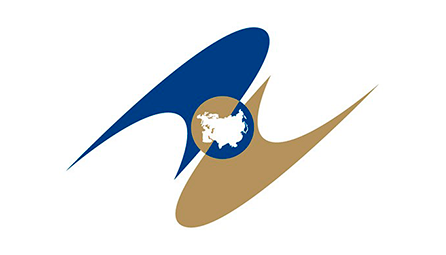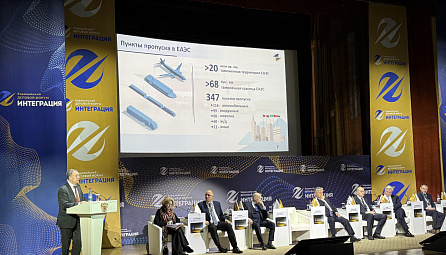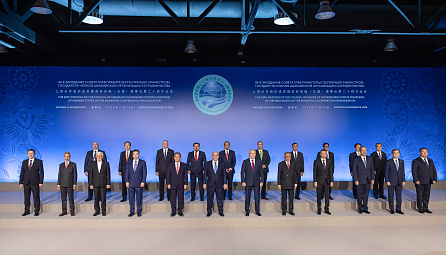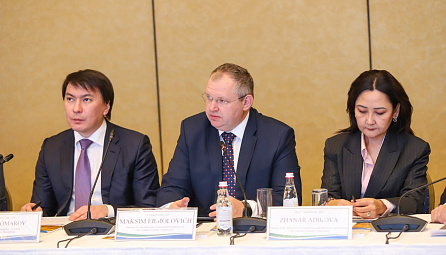
21 Nov 2025
EEC and EAEU States discuss new measures to expand simplifications for AEOs

21 Nov 2025
Gohar Barseghyan: "The EAEU is a significant contributor to strengthening the global food security"

21 Nov 2025
Valentin Tataritsky: "The uniform application of the Union's technical regulations is an important tool to ensure trust in the unified technical regulation system"

20 Nov 2025
Arzybek Kozhoshev identified key challenges and development paths for CIS countries' energy sector
20 Nov 2025
Arzybek Kozhoshev: “The EAEU transportation framework is the basis for the Union countries’ sustainable development”

20 Nov 2025
Naira Karapetyan: "The EEC plans to address deepening cooperation in the agricultural sector"

20 Nov 2025
Ruslan Davydov: "Digitalization of customs regulation is the key to deepening the Eurasian economic integration"
19 Nov 2025
EAEU and ASEAN strengthen cooperation in consumer rights protection
19 Nov 2025
EEC Council approved new cooperative project and subsidy from EAEU budget to implement it

18 Nov 2025
Bakytzhan Sagintayev participated in meeting of SCO Heads of Government Council

17 Nov 2025
Promising trends in industrial cooperation between EAEU countries in road-construction mechanical engineering identified

17 Nov 2025
Maksim Yermalovich: “Kazakhstan has come a long way in developing competitive environment”
